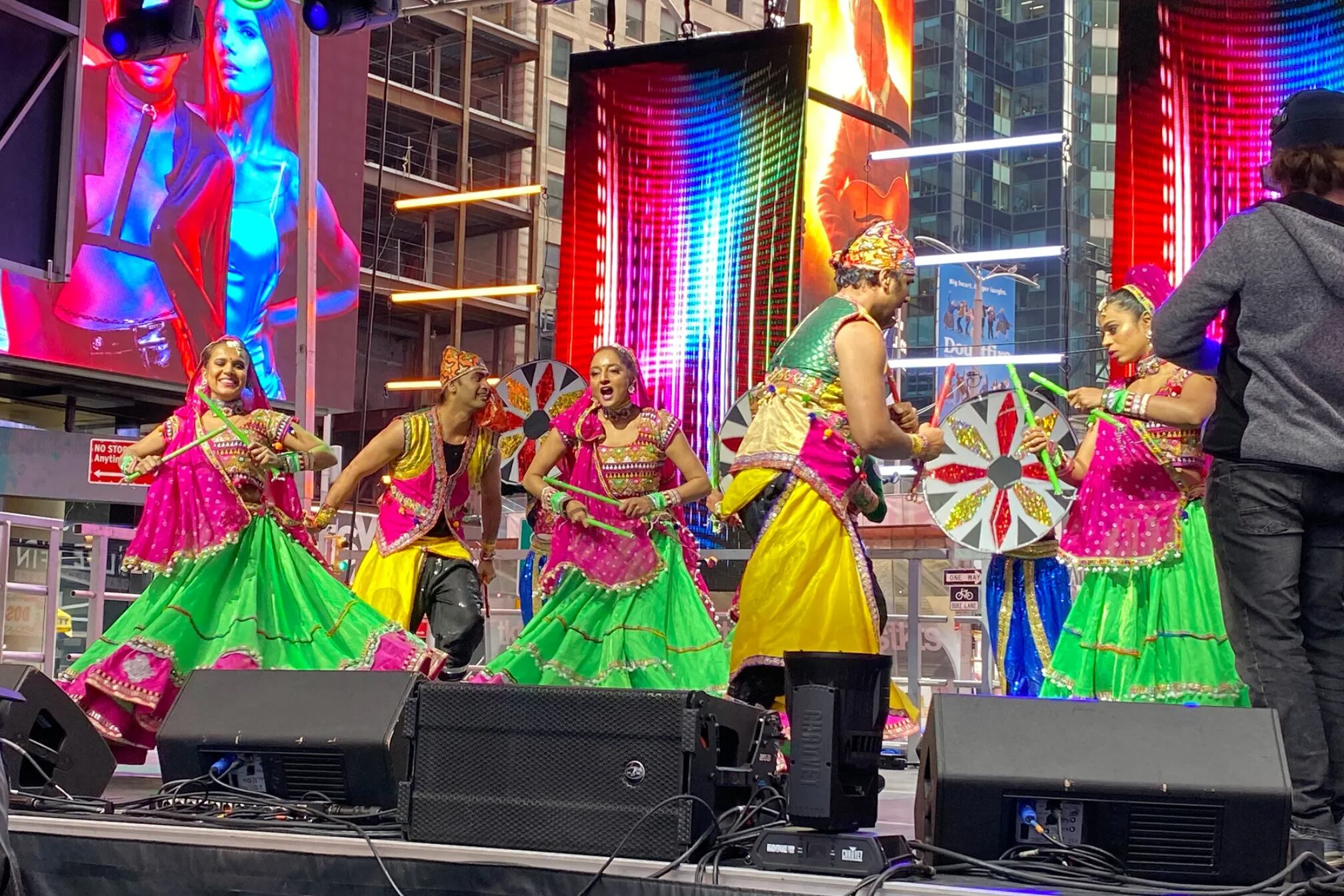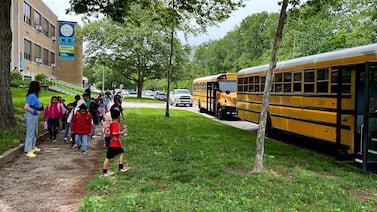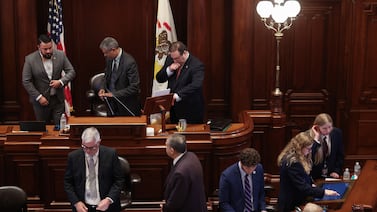Efforts to make Diwali a New York state and federal holiday gained traction this week.
Such a change, which many of New York’s Indian Americans have hoped for, would impact school calendars every fall.
On Thursday, New York State Assembly Speaker Carl Heastie said his chamber plans to pass legislation that would make Diwali a state holiday. Also known as the “festival of lights,” Diwali is observed by Hindus, Sikhs, Jains, and some Buddhists as a celebration of light over darkness and good over evil.
Heastie said he expects the bill to pass before the end of the legislative session on June 8. The legislation also designates Lunar New Year as a holiday. (New York City schools already recognize Lunar New Year, though schools did not observe the holiday this year because it fell on a weekend. Absences were excused for children who celebrated on the following Monday, the education department told NY1.)
There is no set annual date for Diwali; it is dictated by a lunar calendar and falls in October or November. (The holiday falls on Sunday, Nov. 12 this year.)
“It is important to recognize New York’s rich and diverse culture,” Heastie, a Democrat from the Bronx, wrote in a tweet.
And on Friday, U.S. Rep. Grace Meng, a Democrat who represents Queens, announced legislation that would make Diwali the nation’s 12th federal holiday. She was joined by many local officials, including New York City Council member Shekar Krishnan, the council’s first Indian American legislator, and schools Chancellor David Banks, who called the effort a “righteous fight.”
“The diversity of our city and country is what strengthens us, and we’d be remiss if we didn’t acknowledge the members of our community who are Hindu, Sikh, Jain and Buddhists,” Banks said during Meng’s press conference. “And I think it’s really important that we show them through our actions that we value their heritage, not just with words and lip service.”
New Yorkers have pushed for years to make Diwali a school holiday along with other religious holidays, such as Rosh Hashanah and Eid al-Fitr. While the U.S. Census Bureau does not ask people what religion they practice, the agency estimated in 2021 that roughly 262,000 Indian Americans lived in the five boroughs. (That figure may include people who practice religions that don’t recognize Diwali and, inversely, could be missing people without Indian heritage who celebrate Diwali.)
Officials have so far declined to recognize Diwali. One complicating factor: The state requires districts to offer at least 180 days a year of instruction.
Mayor Eric Adams vowed on the campaign trail to make Diwali an official school holiday. Once in office, however, Adams and Banks decided in October to support state legislation that would make Diwali a school holiday in New York City by getting rid of Anniversary Day, or Brooklyn-Queens Day, which children get off in June.
It’s still unclear how state legislation would impact school calendars and whether it would compel employers to add it to their list of company holidays.
Heastie said the Assembly is still talking to “stakeholders as to how this affects the school year calendar.” A spokesperson for his office did not immediately respond to offer more information about the legislation they plan to pass or whether they expect the Senate to approve.
Reema Amin is a reporter covering New York City public schools. Contact Reema at ramin@chalkbeat.org.





